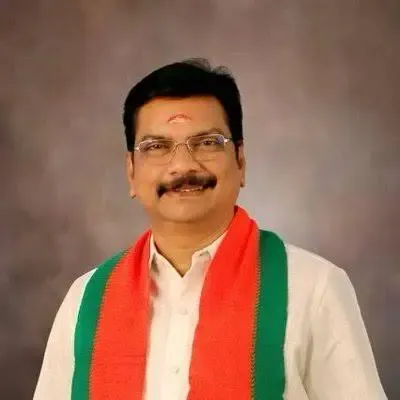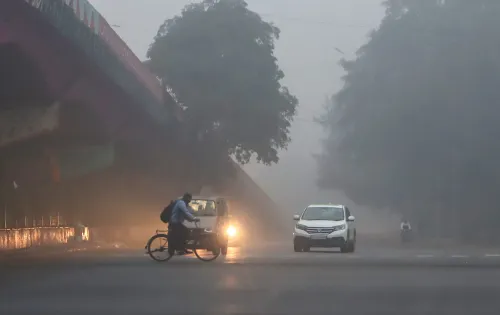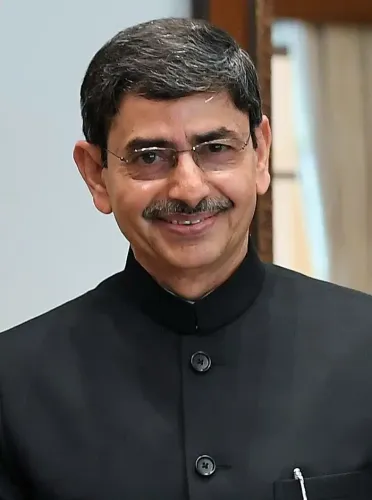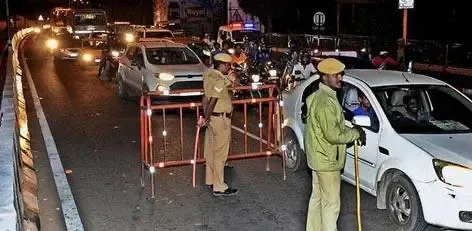How has BJP celebrated the ‘new normal’ under Modi's governance?
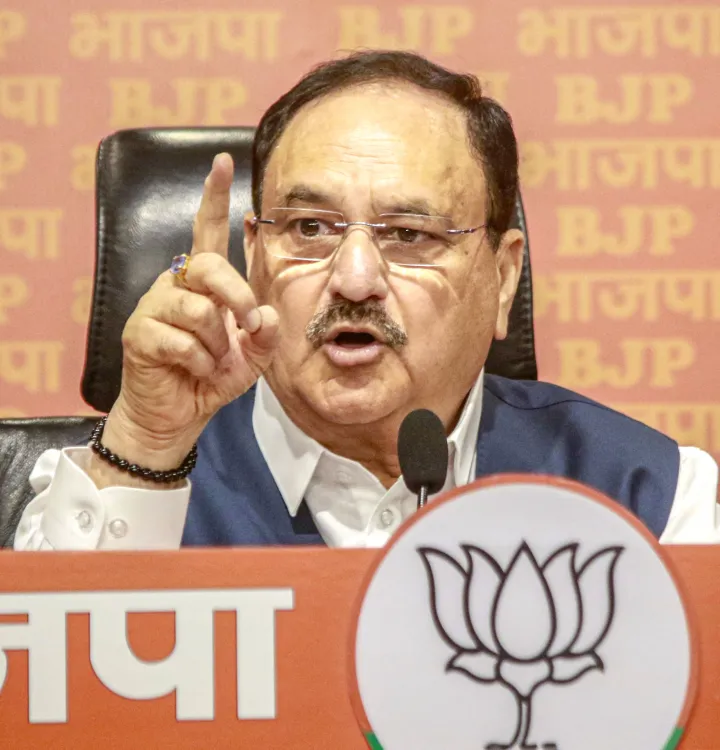
Synopsis
Key Takeaways
- Transformation in Indian politics over the past eleven years.
- Shift from appeasement to performance-oriented governance.
- Implementation of bold reforms like Article 370 abrogation.
- Commitment to a self-reliant India.
- Focus on inclusive development with 'Sabka Sath, Sabka Vikas' principle.
New Delhi, June 9 (NationPress) The Bharatiya Janata Party (BJP) on Monday characterized the past eleven years of the Modi government as a period of significant transformation, redefining and reshaping the landscape of Indian politics.
During a press conference held at the party headquarters, BJP President J.P. Nadda emphasized that in the last eleven years, Prime Minister Narendra Modi has fundamentally altered the political culture of India, a change that deserves to be commemorated in the history books. He highlighted that the Modi administration has initiated a profound shift from a culture of appeasement to one focused on report card politics.
“This has become the new normal,” Nadda stated.
“Eleven years ago, politics was dominated by appeasement and societal division along caste and religious lines. However, since 2014, a responsible government took the reins under PM Modi, ushering in report card politics,” he added.
“A remarkable transformation has unfolded over the past eleven years. Previously, politics was often characterized by appeasement, but now it is centered around performance, accountability, and responsible governance. This has now become the new normal,” he noted.
Nadda attributed the Prime Minister’s credit for implementing bold reforms across various sectors and launching groundbreaking initiatives, including the revocation of Article 370 and the abolition of Triple Talaq.
“Our government has made bold and historic decisions in the interest of the nation. We abrogated Article 370 and eliminated Triple Talaq. We introduced a new Waqf Act and passed the Citizenship Amendment Act (CAA). Additionally, we ensured a 33% reservation for women in legislative bodies,” the BJP chief pointed out.
He acknowledged that it is challenging to encapsulate the comprehensive account of eleven years of governance in a single press conference. However, he emphasized that the wide array of visionary policies and courageous reforms has established the groundwork for a developed and self-reliant India.
He asserted that the bold and transparent governance under PM Modi has laid the foundation for a progressive administration, paving the way for the realization of the Viksit Bharat dream.
The increasing public sentiment of ‘Modi hai tau mumkin hai’ reflects the unwavering trust and confidence in PM Modi’s leadership, reinforcing the belief that even daunting challenges can be surmounted under his guidance, he remarked.
Nadda further highlighted the government’s steadfast commitment to constructing a Bharat that fulfills everyone’s aspirations, reiterating that the principle of 'Sabka Sath, Sabka Vikas, Sabka Vishwas, Sabka Prayas' remains its guiding tenet.


